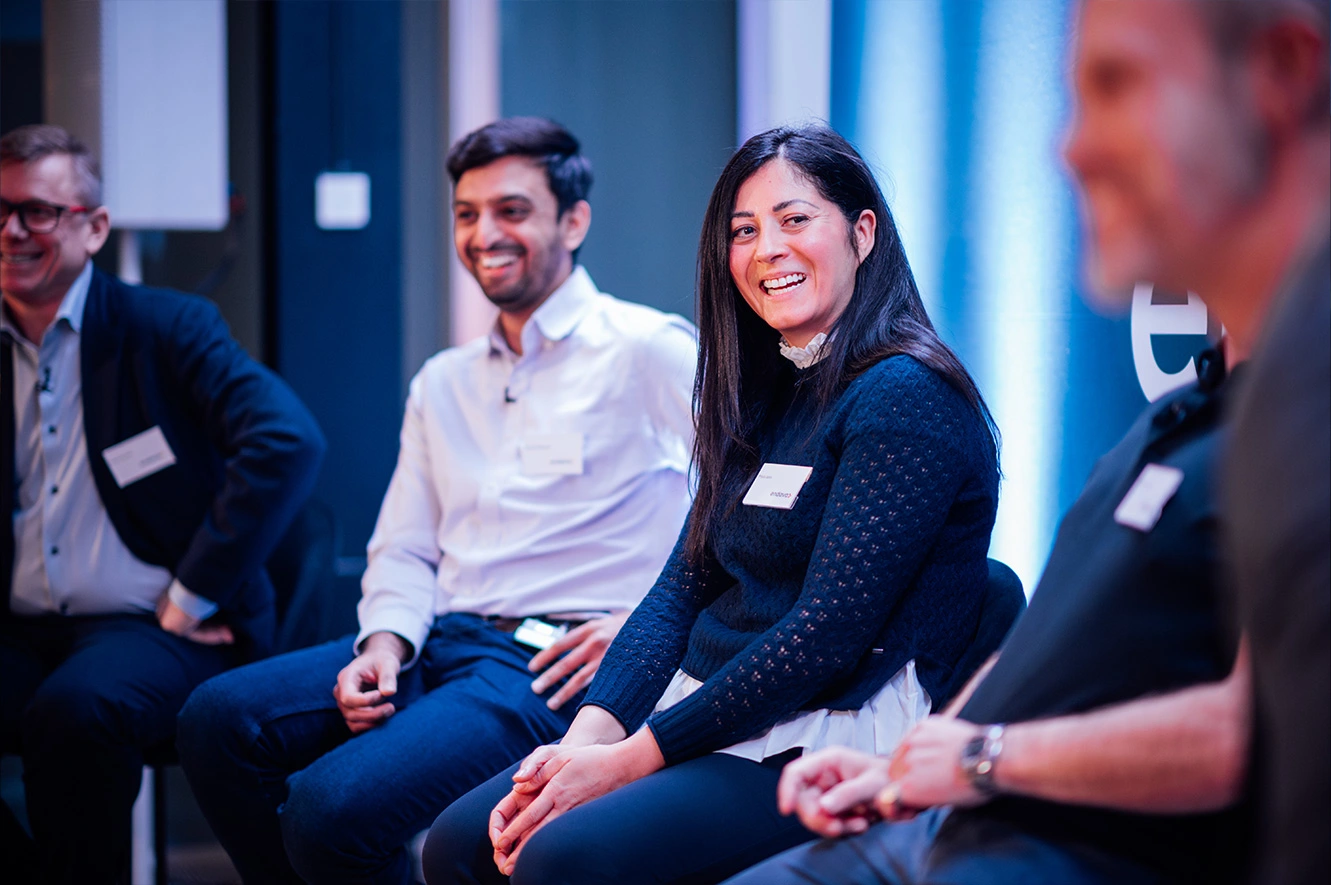Learn from our experts
Dive into the latest trends and technologies with our thought leaders and experts. Gain firsthand insights from data engineering and agile transformation to generative AI and spatial computing. See how these advances are driving change across industries. Be inspired, stay ahead of the curve and propel your business forward.
From our library
Glimpse into our insights
All capabilities
All industries
All types
0 results found





